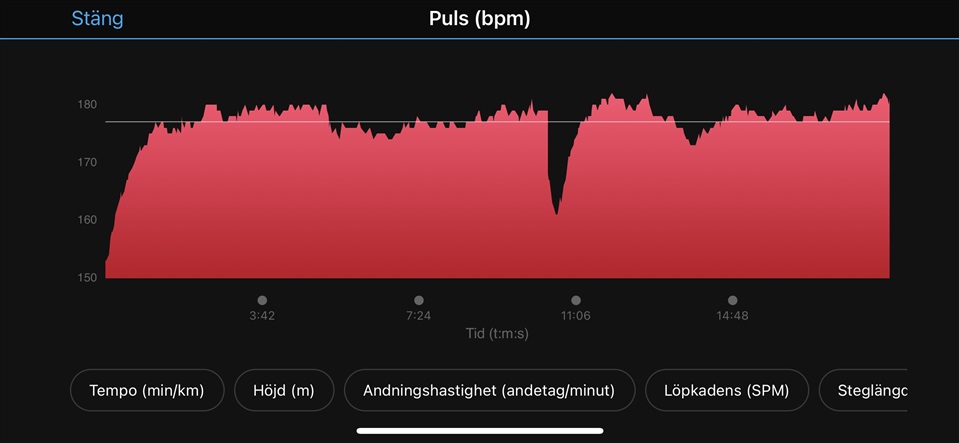Hi all.
I am a bit frustrated on how my Fenix 6 pro calculates my Vo2 max. It seems my slower runs or recovery runs (when I’m tired) affects the vo2 max and lowers it too much and then when I perform well in race tempo vo2 max is lagging behind.
As an example, currently my vo2max on the watch is 53 and the race prediction for 10K says 42.26 and 5K 19.58. Four days ago I did 5K in 18.30 and yesterday I did 10K in 39.52. Vo 2 max still gave me 53 after yesterday’s PB.
Clearly I am outperforming the race predictions by far and I’ve heard those are just 1 to 1 mapped to the vo2 max, so the watch and algorithm is completely off.
I tried setting the vo2max manually in Garmin Connect but doesn’t seem to do anything?
I mean this is not the end of the world but again I would like stats and data to be accurate and it’s quite silly to be honest that the clock says 42.26 when I just a day ago did sub 40. I mean cmon, how hard can it be?!
Also shouldn’t the algorithm be smart enough to understand that if I stop a 5K race and let’s say end up in vo2max 54, and then I start a new activity to walk / lightly jog the last kms back to my flat, the watch instantly downgrades my vo2max to 53 again. This is just so LOL, how can it not just understand this scenario?
Anyone who knows how I can get the vo2max to be accurate again or how to manually set it?
Anyone from Garmin who reads this, please give me an explanation what I should do here to get this more accurate, thanks!
FYI I am pairing my watch with the HRM Pro chest strap.
Best regards, Oskar





